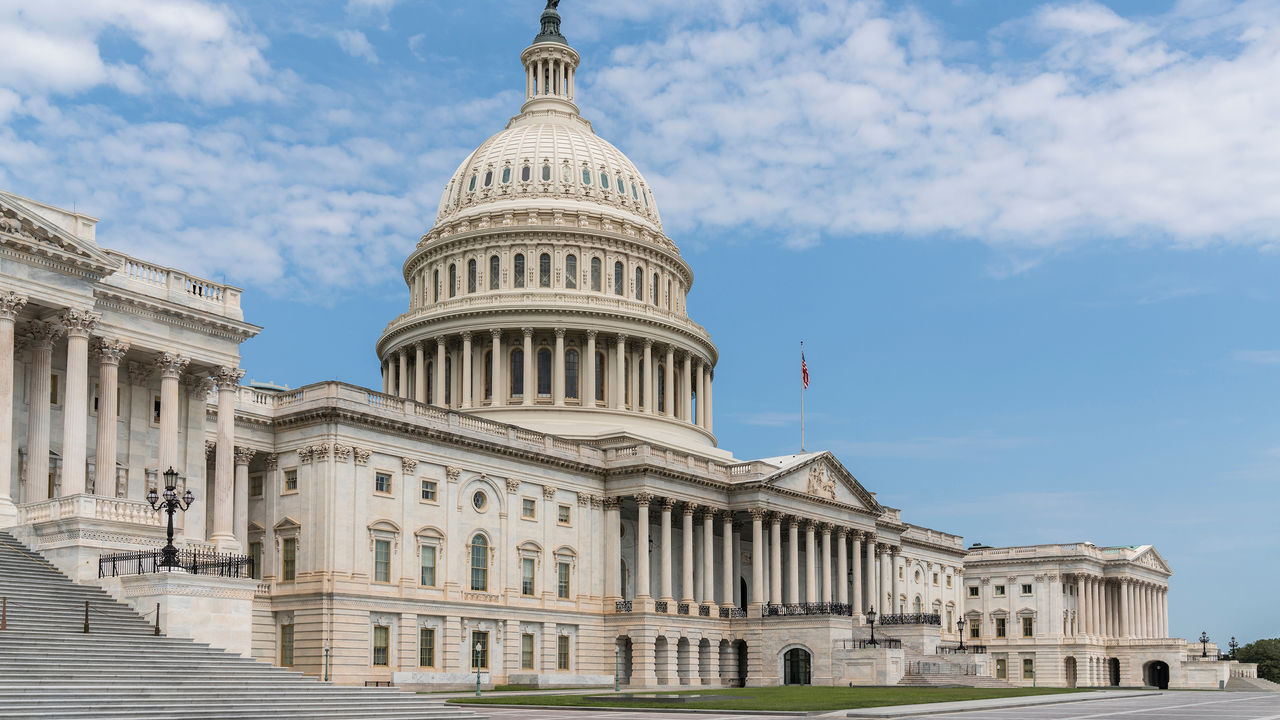At a hearing of the House of Representatives’ Committee on Education & the Workforce held May 1, Acting Labor Secretary Julie Su defended her role at the department and its recent rulemaking.
We’ve gathered articles on the news from SHRM Online and other outlets.
Committee Chairwoman’s Concerns
Rep. Virginia Foxx, R-N.C., committee chairwoman, raised concern that Su was serving for the 417th consecutive day as acting secretary of the Department of Labor (DOL) without the constitutionally required advice and consent of the Senate. Su is the longest serving acting secretary since before the Civil War, Foxx noted. She also criticized the department for “overzealous” regulatory action, asserting that the department’s:
- Overtime rule will force employers to cut hours.
- Independent contractor rule will bankrupt freelancers nationwide.
- Fiduciary rule will limit options for individuals to invest in their own financial future.
- Davis-Bacon Act rule will make federal construction projects more unaffordable.
Su noted that the DOL is putting workers at the center of the Biden administration’s agenda and playing a leading role in the most pro-union administration in history.
(Foxx’s opening statement and Su’s opening statement)
Overtime Rule
Under the overtime rule, effective July 1, the Fair Labor Standards Act’s (FLSA’s) annual salary-level threshold for white-collar exemptions to overtime requirements will increase from $35,568 to $43,888. As of Jan. 1, 2025, the annual salary threshold will rise to $58,656.
“This rule will restore the promise to workers that if you work more than 40 hours in a week, you should be paid more for that time,” Su said on the issuance of the rule. “Too often, lower-paid salaried workers are doing the same job as their hourly counterparts but are spending more time away from their families for no additional pay. That is unacceptable. The Biden-Harris administration is following through on our promise to raise the bar for workers who help lay the foundation for our economic prosperity.”
Although SHRM and its membership support reasonable increases to the executive, administrative, and professional salary threshold that reflect the modern economy, “the nearly 65 percent increase from the current level may not be in line with local wage rates for employees holding administrative, professional, and executive positions in some areas of the country,” said Emily M. Dickens, SHRM chief of staff, head of government affairs and corporate secretary, in a statement. “For this reason, SHRM advocated for a more nuanced, geographically tailored approach to any increase in the EAP salary threshold.”
(SHRM Online and a DOL news release)
Independent Contractor Rule
For some workers, switching to employee status due to the independent contractor rule may not be easy or welcome. Employers should emphasize to them the benefits of becoming employees, experts say.
SHRM supported the 2021 rule, which designated two core factors—control over work and opportunity for profit or loss—rather than the new rule, with its more indeterminate six-factor test to assess whether a worker is an employee or an independent contractor. The new rule “fosters ambiguity, deterring businesses from extending essential training to independent workers, a detrimental scenario for both parties involved. The 2021 rule struck a balanced approach, promoting business flexibility while curbing misclassification risks,” Dickens said.
Fiduciary Rule
The DOL on April 23 finalized the long-awaited fiduciary rule, which aims to modernize and increase investment advice standards for retirement accounts.
Davis-Bacon Act Rule
The DOL issued a final rule on Aug. 8, 2023, to raise the prevailing wage standard for approximately 1 million construction workers under the federal Davis-Bacon Act.
Advertisement
An organization run by AI is not a futuristic concept. Such technology is already a part of many workplaces and will continue to shape the labor market and HR. Here's how employers and employees can successfully manage generative AI and other AI-powered systems.
Advertisement



